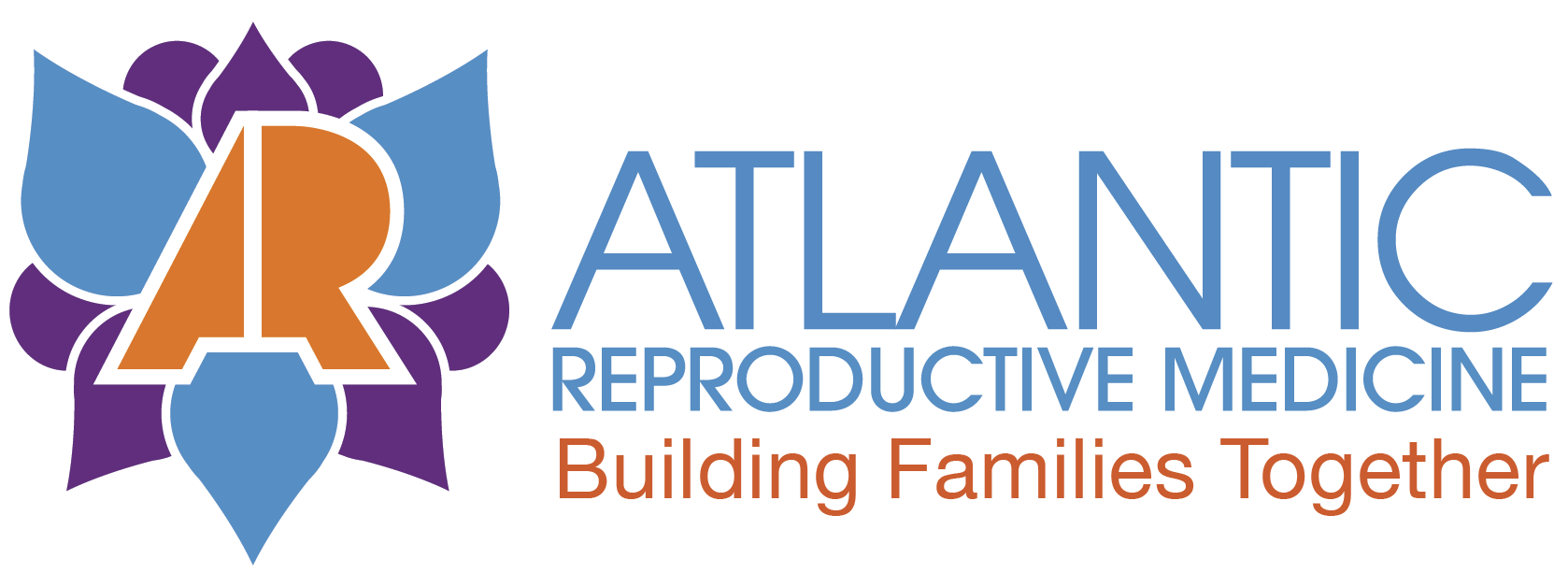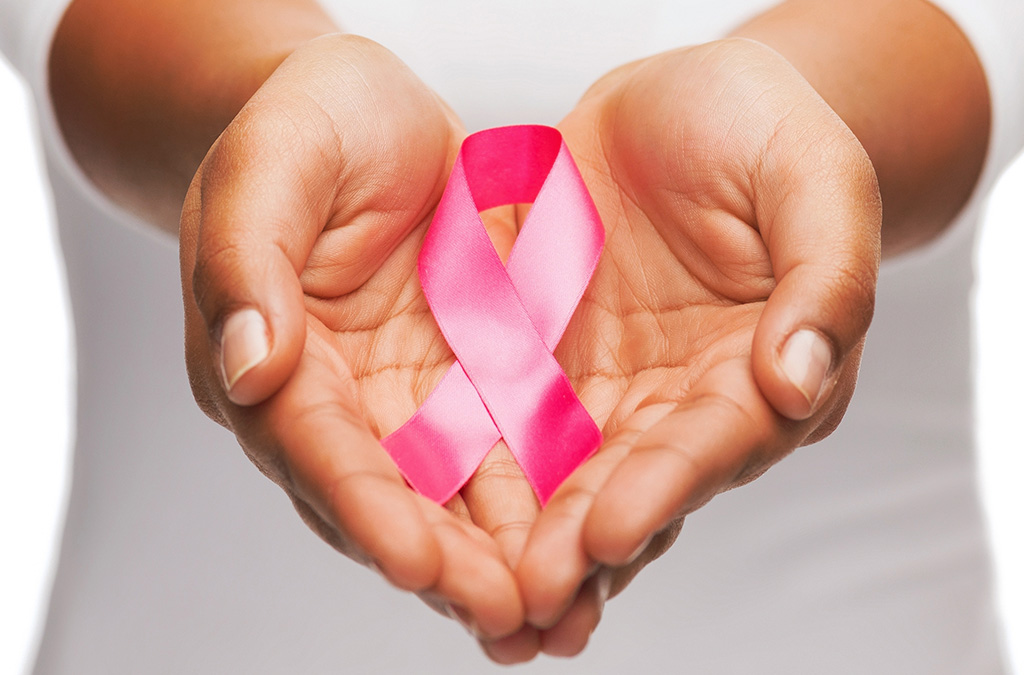October is National Breast Cancer Awareness Month. The month has played a key role in making women aware of the importance of early detection and treatment.
In 2016, more than 240,000 women will receive a breast cancer diagnosis, according to BreastCancer.org. Although this remains a devastating diagnosis, death rates are dropping due to treatment advances. Cancer screenings and increased awareness of breast cancer signs and symptoms have played key roles.
When facing breast cancer and undergoing treatment there are many options to preserve your fertility. In this article we discuss prevention, treatment, and fertility options.
Mammograms Save Lives
Mammograms help doctors find lumps before the cancer can spread to other parts of your body. Once the cancer spreads, it’s much more challenging to treat. Breast Cancer Awareness Month is the perfect time to schedule this potentially life-saving screening. Yearly mammograms can begin as early as age 40, although you may need to start the screenings at an earlier age if you are at high risk.
Breast Cancer Signs and Symptoms
Are you familiar with breast cancer signs and symptoms? They include:
- Lumps: Although many lumps are benign, it’s important to have any lump checked out by your doctor. Both painless and painful lumps can be cancerous, although hard painless lumps with irregular edges are more likely to contain cancer cells.
- Skin Changes: A rash that doesn’t go away or a change in the texture of the skin in your breast can be signs of skin cancer. Inflammatory breast cancer can cause the skin on your breast to resemble the texture of an orange peel. Other potential warning signs include persistent redness, thickening of the skin or skin that looks scaly.
- Changes in Size: Your breast may suddenly become much larger, swell or feel heavier if you have cancer. Breast size can fluctuate slightly due to hormonal changes, but if your breast becomes significantly larger or feels very heavy, schedule an appointment with your doctor.
- Pain: Frequent pain in the nipple or breast may be a sign of cancer, even if you can’t feel a lump.
- Inverted Nipple: It’s worth a visit to your doctor if you notice that one of your nipples has begun to turn inward.
- Discharge: Discharge from the nipple is unusual and a reason for concern, unless you’re nursing or have just stopped nursing.
- Enlarged Lymph Nodes: Enlarged lymph nodes under your arm or in your collarbone can be early signs of breast cancer.
Breast Cancer Treatment Options
Chemotherapy and radiation remain standard treatments, but scientists are constantly working on new options. Some types of cancer respond well to targeted therapy. Chemotherapy works by attacking all the cells in your body that grow rapidly, including hair follicles, while targeted therapy attacks only the proteins that cause certain types of cancers to grow and spread. Several innovative breast cancer research projects are underway, including a vaccine trial that uses the immune system response to attack cancer cells and another that uses virus therapy to cause cells to self-destruct.
Cancer Treatment Doesn’t Have to Ruin Your Fertility
Chemotherapy and radiation have greatly increased survival rates over the last several decades, but unfortunately, the treatments can affect your fertility in some cases.
Although not all types of cancer treatments cause infertility, some may damage your eggs or ovaries, or cause premature ovarian failure or premature menopause.
Hopefully, you’ll never be diagnosed with this disease, but if you are, it’s important to talk to your care team and a fertility doctor about your options before you begin treatment. If a treatment is likely to affect your fertility, you may want to consider harvesting eggs and storing them at an egg bank. Eggs and embryos can be stored for many years without affecting quality. Once the frozen eggs are thawed, they can be used in in vitro fertilization treatments for you or a surrogate.
Are you experiencing breast cancer signs and symptoms? Have you already been diagnosed? Are you concerned that breast cancer treatment may cause infertility? Contact us to find out how we can help you.

